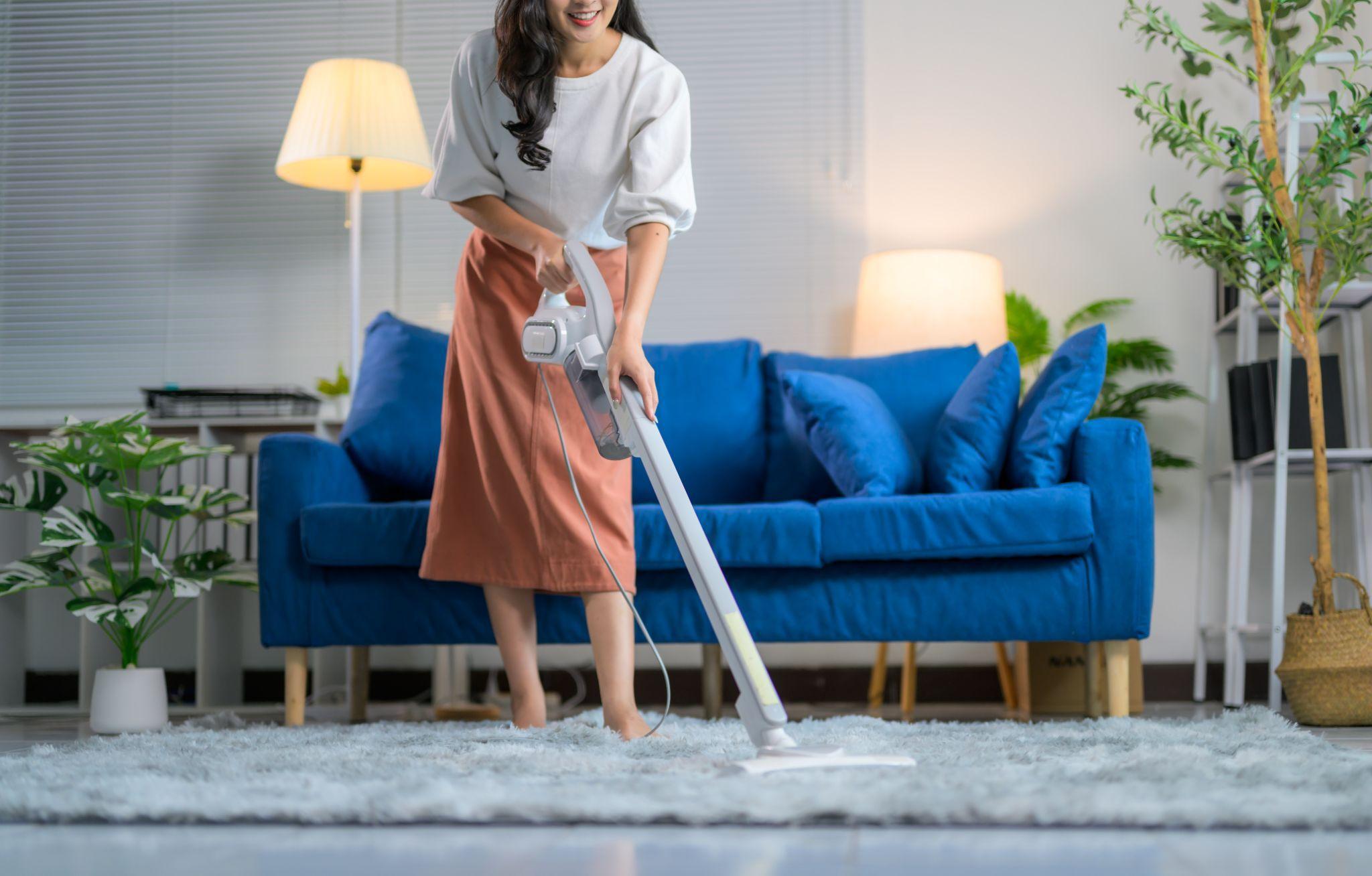Carpets add warmth, style, and comfort to any home, but can also trap dust, pollen, pet dander, and other allergens, affecting indoor air quality. Maintaining a clean and healthy environment is key for those who struggle with carpet and allergies. The good news is that with a few simple habits, you can enjoy the comfort of your carpet while minimizing allergy triggers.
Vacuum Regularly with the Right Tools
One of the most effective ways to reduce allergens in your carpet is to vacuum often—at least two to three times a week in high-traffic areas. Use a vacuum with a HEPA filter to capture microscopic particles like dust mites and pollen that standard vacuums often miss. Make slow, overlapping passes to ensure a deeper clean and focus extra attention on corners, edges, and under furniture.
Schedule Professional Deep Cleaning
While vacuuming removes surface debris, professional deep cleaning helps target allergens trapped deep within carpet fibers. Steam cleaning, for example, uses high temperatures to break down dirt, bacteria, and allergens, leaving your carpet fresher and safer. Depending on your household, plan for a professional cleaning every 12–18 months, or more often if you have pets or family members with severe allergies.
Control Indoor Humidity Levels
Dust mites and mold thrive in humid environments. Keep your home's humidity level between 30% and 50% to prevent allergens from multiplying in your carpet. Use a dehumidifier in damp areas like basements, and ensure proper ventilation in kitchens and bathrooms. By managing humidity, you reduce the risk of allergen buildup in your home.
Remove Shoes Indoors
Shoes can track pollen, dirt, and other outdoor allergens, which settle into your carpet fibers. A simple solution is to make your home a shoe-free zone. Place a shoe rack or basket near the entrance to encourage family and guests to leave their shoes at the door. Providing slippers or indoor footwear can make this practice more convenient.
Choose the Right Carpet Materials
When choosing new flooring, it's important to consider the connection between carpet and allergies. Opt for allergy-friendly options like low-pile or hypoallergenic fibers that resist dust mites, mold, and mildew. Pairing smart choices with consistent care—such as washing rugs, changing HVAC filters, dusting, and brushing pets—can greatly improve indoor air quality.
Ready to Breathe Easier?
Cutting allergens in your carpet enhances comfort and supports healthier living. Whether you're looking for allergy-friendly carpet options or flooring upgrades, we're here to help you find the right fit for your home.

